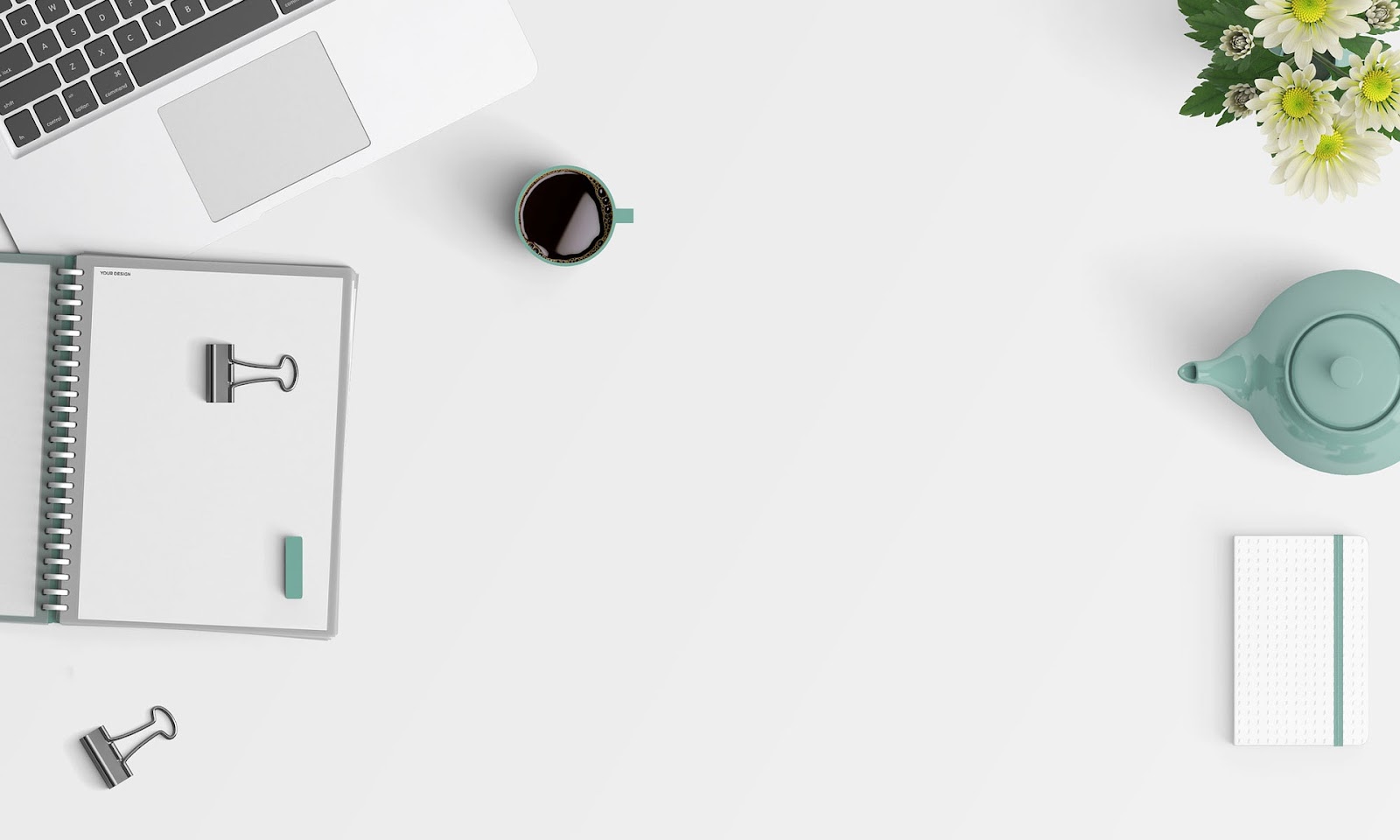Clear Desk Clear Mind
You probably heard the expression “a clean space equals a clean mind,” but what does it mean? It’s easy at the workplace: if your desk is clean, you’re more likely to be productive. According to a Princeton Neuroscience Institute study, having many items in your visual field simultaneously creates competitive stimuli.
Everything you’re looking at is competing for your attention, making it tough to concentrate on just one thing. This visual pollution, defined as anything in your line of sight that may draw your attention unnecessarily, includes scraps of paper, odd things from other rooms, and even cables and wires on your desk. Of course, you don’t have to fully clear out your workstation, but there are ways to organize your area to make it more productive. Clearing clutter from your desk to expose a white, gleaming surface will help free your thoughts of distractions and allow you to work much more productively.
So, exactly what can you do to keep your work, space, and thoughts clean (and clear)?
Remove What Isn’t Needed
Take a glance around your desk and consider what is truly necessary at that time. You will most likely require different items for various assignments or projects. However, you are not always working on all of your tasks. Decide what you’re working on, create a to-do list, select what you need for that project, and then discard anything else.
There may be items that you use on a daily basis that do not always need to be on your desk. Clear your space by putting items, such as a calendar, on the walls surrounding you or in drawers. Give these necessities a designated location where you can always find them. You won’t have to hunt through drawers the next time you need to clip something. You’ll know where it is, it won’t be on top of your desk! Put it aside if it’s not relevant to what you’re working on right now. You should also apply this to your computer and sort out anything you don’t need or have finished using.
Remove Distractions
A cluttered desk contains not only visual clutter but also mental clutter in the shape of interruptions that occur throughout the day. With people stopping by to talk, your phone vibrating with notifications, and an endless stream of emails, it’s easy to become sidetracked. However, you can reduce many of these disruptions that cause mental clutter.
Cell phones are frequently the most distracting factor, consuming hours of our time each day. While you’re working, try turning your phone to silent or Do Not Disturb mode rather than vibrating, which still generates noise. You might use one of the many productivity applications that disable notifications for a set period of time and reward you for not accessing your phone during that time. Better still, tuck your phone inside your purse or a drawer during the day to reduce both mental and visual clutter!
Setting a timetable may help with other distractions, such as individuals passing by to chat or send emails. Schedule specified times of day to check your email, granting it priority only during those hours. You could do the same with coworkers, such as scheduling breaks or making plans to meet for lunch. If they come in when you’re working, remind them that your next break is at X time. Setting and sticking to a timetable allows you to give individuals your complete attention while also providing them with a structure on which they can rely. Distractions can be scheduled as an event, which prevents them from becoming mental clutter while you’re working.
Why Is It Important to Have a Clean Desk?
You may be surprised by how much less agitated you feel with less visual pollution. Clutter in an area where you are attempting to work just attracts negative emotions and stress. Visual and mental clutter can contribute to a highly distracting work environment that is harmful to productivity. When your desk is tidy and you’ve eliminated additional distractions, you’ll feel better and get a lot more done. Keeping a tidy area and workstation isn’t only about feeling proud of your house or workplace, it’s also about emptying your thoughts of anxiety and allowing you to focus on what’s important. It’s easy to implement and can help you live a more productive and joyful life.
As you can see, it can really benefit you to keep your desk and office clear. Do you have any other tips that could help? Please share them in the comments below.



